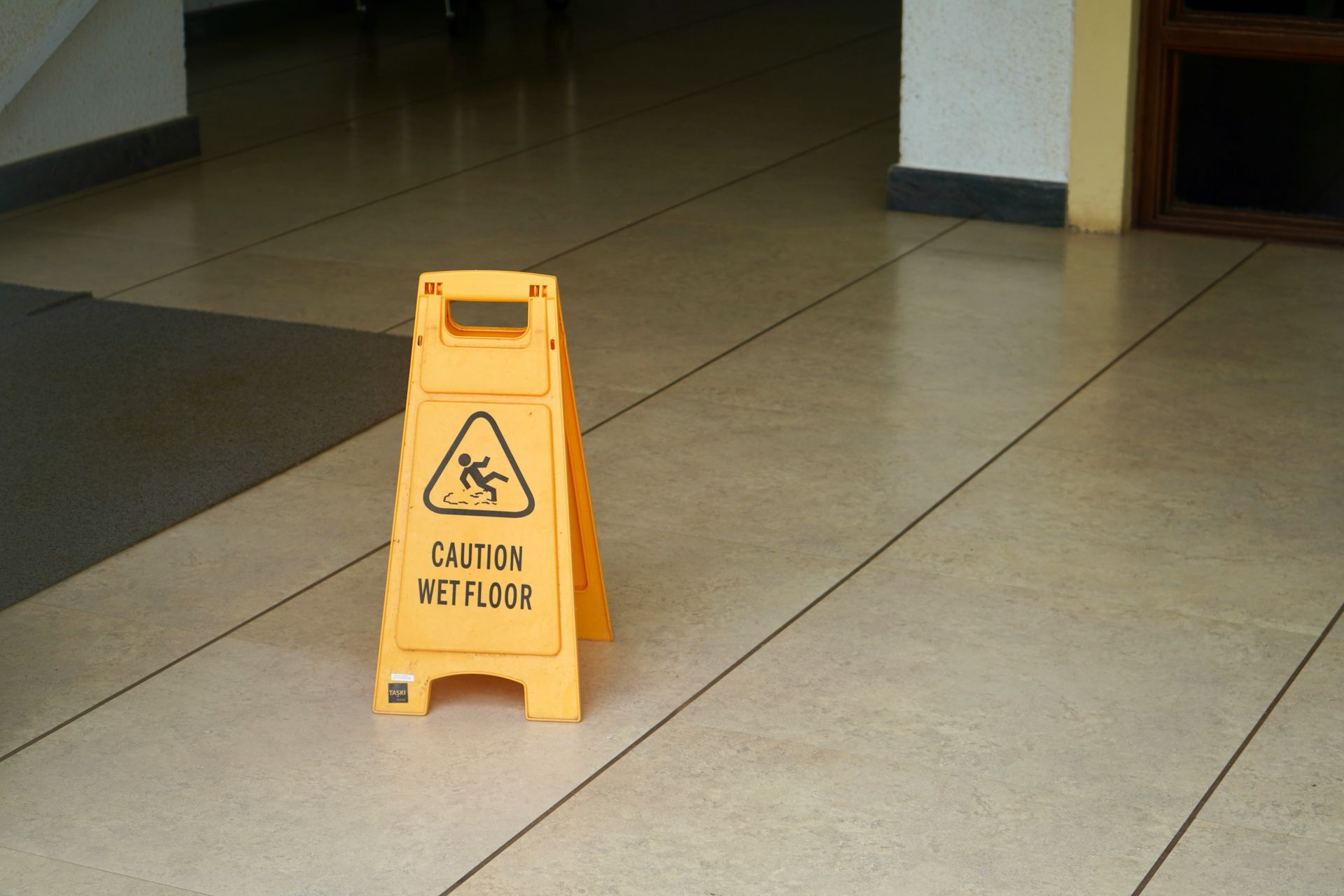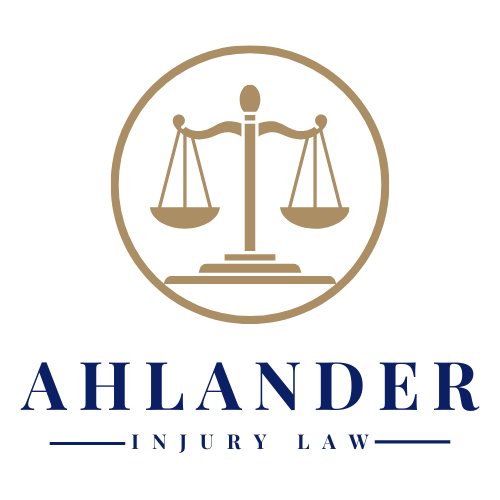June 18, 2025
Navigating an insurance claim can be challenging under the best of circumstances. Claims tend to be time-consuming, stressful, and complicated, especially when you are dealing with injuries or property damage. However, what happens when the insurance company that is supposed to protect you fails to uphold its legal and ethical duties? In Nevada, this failure may constitute what is known as insurance bad faith. This article explores what insurance bad faith entails, the legal remedies available to policyholders, and practical advice on how to recognize possible bad faith tactics. Insurance Bad Faith Defined Insurance bad faith occurs when an insurance provider does not act with honesty, fairness, and good faith toward its policyholders. Policies are written with the expectation that insurers will investigate claims, evaluate damages, and pay out legitimate claims on time. When this standard is not met—due to, for example, unjustified refusals to pay, unwarranted claim denials, or extreme claim delays—a policyholder may have grounds to claim that the insurer acted in bad faith. In Nevada, insurers are bound by both statutory and common law principles designed to prevent misconduct. Whether you hold a health, auto, or homeowner's policy, your insurer’s obligation to deal fairly and in good faith remains the same. The insurance regulations in this state are enforced in part by the Nevada Division of Insurance , which is responsible for overseeing insurance companies and protecting consumers from unfair or dishonest practices. Common Bad Faith Tactics While conflicts can arise in any insurance claim, certain patterns indicate potential bad faith dealings. The following examples help illustrate the types of behavior policyholders should watch for: Unreasonable Delays: Timeliness is a key factor in handling claims. Although investigations may require time, a claim that drags on far beyond normal processing periods without a valid reason can be a red flag. Inadequate Investigations: Insurance companies should conduct thorough and impartial investigations of losses. Taking shortcuts, ignoring evidence, or dismissing expert reports might constitute unfair treatment of a claim. Misrepresentation of Policy Terms: When an insurer misrepresents or inaccurately explains the details of coverage, it deprives the policyholder of the ability to make informed decisions. Transparency is essential in any insurer-policyholder relationship. Unjust Denials or Underpayment: Denying a claim outright, or offering an unreasonably low settlement without explanation, can indicate that the company is neglecting its duty to act per the policy’s terms and the relevant law. Complaint trends often highlight these types of tactics as leading causes of consumer frustration in the insurance industry. By staying aware of these red flags, you can better protect yourself against potential misconduct. Nevada Law and Insurance Bad Faith Nevada law protects policyholders by imposing certain duties on insurers. These include the duty to communicate promptly, investigate claims thoroughly, and treat policyholders with honesty. When an insurer breaches these duties, the policyholder may have legal remedies beyond the initial value of the claim, including the possibility of recovering compensation for emotional distress, attorney’s fees, and punitive damages. Nevada’s Unfair Claims Settlement Practices Act sets forth clear guidelines regarding how insurers should handle claims. This statute forbids various actions, such as unreasonably delaying claim payments and misrepresenting policy provisions. Violations can lead to regulatory action and a civil lawsuit by the aggrieved policyholder. Courts in Nevada generally look for two main factors when examining an alleged bad faith claim: (1) whether the insurer withholding benefits lacked a reasonable basis, and (2) whether the insurer had knowledge or should have known that no reasonable basis existed to deny the claim. If both of these elements are met, it can pave the way for a successful bad faith lawsuit. Potential Damages in Bad Faith Claims When an insurer is found liable for bad faith, a policyholder may be awarded more than just the unpaid policy benefits. Depending on the specifics of the case, damages might include: Compensatory Damages: These aim to reimburse the policyholder for direct financial losses arising from the insurer’s misconduct. Emotional Distress: Courts recognize that a bad faith denial or protracted claims process can lead to anxiety and emotional turmoil, particularly when it impedes medical treatment or daily living activities. Punitive Damages: In especially egregious cases, an insurer may be required to pay punitive damages. These are meant to punish wrongdoing and deter similar conduct in the future. These types of damages vary considerably based on individual case circumstances and Nevada’s existing jurisprudence. If you suspect you may be dealing with a situation involving bad faith, reach out for personalized guidance. Steps to Protect Your Interests Being informed and taking action can help you safeguard your rights: Maintain Detailed Records: Keep track of every communication you have with the insurance company. Documentation simplifies proving bad faith behavior if it becomes necessary. Save emails, letters, estimates, and any official documents. Know Your Policy: Thoroughly review your coverage. If you understand the specifics of your policy—limits, exclusions, and conditions—you will be more prepared to recognize any misrepresentations. Ask for Explanations: If an insurer denies your claim, request a written explanation that references relevant policy provisions. A refusal or inability to clarify can raise questions about their handling of the matter. File a Complaint: If you believe your insurer is not cooperating properly, you can file a complaint with the Nevada Division of Insurance , which investigates consumer grievances. Consult an Attorney: Tackling complex cases of bad faith without legal counsel can be difficult. An experienced legal team with a focus on personal injury and insurance law can guide you through the process and fight on your behalf. Legal Guidance Matters Insurance disputes can be legally complex, especially when bad faith allegations arise. While many policyholders attempt to handle claim disputes on their own, even minor missteps can undermine an otherwise valid claim. Having skilled legal counsel can: Level the Playing Field: Insurance companies typically have the resources to contest disputes aggressively. An attorney can help counter these tactics by presenting legal arguments, gathering evidence, and negotiating on your behalf. Provide Clarity: A lawyer clarifies your rights and outlines potential avenues of relief. This knowledge helps you make informed decisions that align with your best interests. Position You for Fair Compensation: Attorneys with experience in insurance bad faith cases know how to accurately value claims. This ensures you are compensated fairly for financial losses, emotional distress, and any other related damages. A Way Forward Understanding the concept of insurance bad faith in Nevada is essential for anyone navigating a difficult insurance claim. Knowing your rights, staying vigilant for red flags, and taking prompt action when necessary can all prove decisive in protecting your best interests. While insurance companies have a duty to treat policyholders fairly, not all follow this principle as they should. By recognizing potential bad faith tactics early, documenting every step of your claim, and seeking professional help, you place yourself in the strongest position to secure the coverage and benefits you are entitled to receive. Stay proactive, remain informed, and remember that you do not have to navigate the complexities of an insurance dispute alone. Our team at Ahlander Injury Law is committed to guiding policyholders through every stage of the claims process, ensuring fair treatment and advocating for the compensation you deserve. If you suspect your insurer has handled your claim in bad faith or if you simply want guidance on your current insurance dispute, Ahlander Injury Law offers insights and personalized support for policyholders in Nevada. Contact us to discuss your concerns and explore your legal options.





